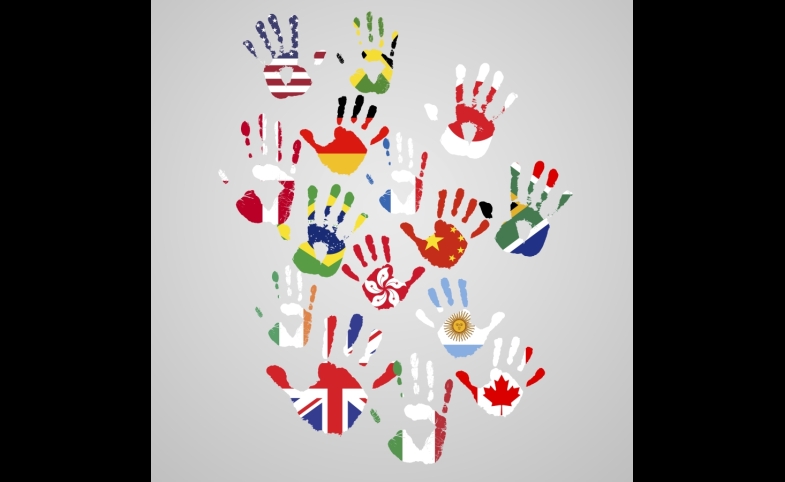Note from the CPD Blog Manager: The author is recipient of a 2018–20 CPD Research Fellowship. Learn more about the CPD Research Fellowship here. The impact of soft power is notoriously difficult to measure due to the...
KEEP READING
Open Call for Papers: PD & Development due Nov.7
On February 27, 2015 the USC Center on Public Diplomacy (CPD) will host a one-day symposium, “Public Diplomacy & Development Communications: Intersections, Overlaps and Challenges.” The conference will be organized by Professor Karin Wilkins (University of Texas at Austin), Dr. James Pamment (University of Texas at Austin, Karlstad University & CPD Research Fellow), and CPD.
Public diplomacy and international development are usually considered separate fields, both for scholars and practitioners. However, for decades public and cultural diplomacy actors have received funding for activities such as scholarships, exchanges, information work and training out of official development assistance (ODA) budgets. Similarly, development organizations conduct their own international advocacy work and use culture, exchanges, training and other forms of public outreach to achieve their goals. The activities of non-traditional aid donors such as NGOs, foundations, as well as the emerging economies and South-South partnerships offer additional perspectives upon the issue.
The aim of this one-day conference is to bring interested scholars from different research disciplines together in order to explore the common ground between activities that blur the categories of PD, soft power, nation brands, international development and development communication. Each of these concepts uses communication techniques to influence foreign citizens. How can we best draw upon the insights from each field? How should we conceptualize activities that hold a dual purpose of promoting social development in fragile or developing regions while simultaneously promoting a donor country’s values, norms and foreign policies? Has the relationship between these activities intensified or changed since the decline of conditional aid?
We are particularly interested in receiving abstracts that explore theoretical approaches to these issues, and/or empirical examples that elucidate current or historical practices. Themes may include:
- Case studies of public diplomacy and/or official development actors at national, supranational and subnational levels;
- Comparisons of actors based in different regions, such as OECD DAC members, emerging economies, the Middle East;
- Comparisons with non-traditional actors such as NGOs, civil society representatives, foundations, corporations, and South-South Co-operation;
- Synergies, conflicts of interest, interplays or contradictions between PD and aid activities;
- Perspectives from recipient/partner countries, including critiques, challenges, resistance, alternatives and success stories;
- Explorations of the roles of values, norms and brands;
- Explorations of communication techniques, such as use of social media, culture, the arts, education, etc
- Comparative conceptualizations of two or more related terms, e.g. public diplomacy, cultural diplomacy, soft power, nation brands, international development, participatory communication, development communication;
- The “ODAfication” of diplomacy, public diplomacy and cultural diplomacy, contra the role of politics and advocacy in aid.
Applications are welcome from scholars and practitioners with an interest in developing knowledge of the intersection between these fields. Deadline for abstracts of 500-1,000 words: November 7. Notification of acceptance: November 21. The best presentations will be invited to contribute to an edited collection, which will represent the first major publication on this topic. Please send abstracts and any queries to james.pamment@kau.se.
To download a PDF of this article, click here.
Visit CPD's Online Library
Explore CPD's vast online database featuring the latest books, articles, speeches and information on international organizations dedicated to public diplomacy.
Popular Blogs
-
January 29
-
January 20
-
January 28
-
January 2
-
January 8











